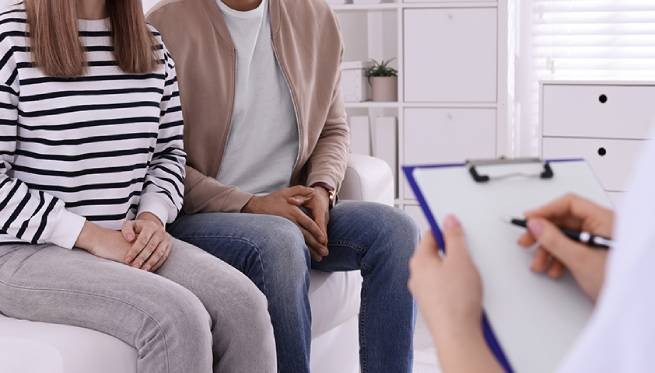What infections are sexually transmitted, and how to protect yourself from them? Experts explain.
STIs, or sexually transmitted infections, are a group of infections that you can “get” during sexual contact. The causes can be various pathogens: viruses, bacteria, fungi and parasites. In total, there are more than 30 types of STIs that can be contracted through different types of sexual contact.
According to statistics World Health Organization, every day at least a million people in the world become infected with STIs, and most of them are asymptomatic. Each sexually transmitted disease is caused by a specific microorganism: gonorrhea – gonococcus, trichomoniasis – Trichomonas vaginalis, HIV infection – human immunodeficiency virus, syphilis – the bacterium spirochete pallidum.
Among them there are infections that can be transmitted in other ways. For example, HIV infection, hepatitis B and syphilis are transmitted through blood, hepatitis A – through food, water or household items after an infected person.
Such infections have the most negative impact on human health and life, and some (HIV, hepatitis B and C) can lead to chronic diseases and even death. They can also cause psychological problems in people with sexually transmitted diseases due to stigma and discrimination from society.
STIs can significantly worsen sexual and reproductive health – lead to infertility, pelvic inflammation, erectile problems in men, and cause complications during pregnancy and childbirth. How can you protect yourself from sexually transmitted infections? Listen to WHO recommendations:
- get vaccinated against hepatitis B and human papillomavirus (HPV);
- give up bad habits – alcohol and drugs;
- avoid “casual sexual relationships”;
- use condoms correctly during all types of sexual contacts and throughout their duration.
To identify and promptly treat STIs, it is necessary to undergo regular screenings (laboratory examinations). Early diagnosis of the disease allows you to avoid serious complications. Experts warn that if you experience symptoms of sexually transmitted infections, you should consult a doctor immediately.







More Stories
Greek Police: "Pyrotechnics for Easter are not toys for you"
Where will Greeks go for Easter: the best domestic and foreign destinations
Fine 1200 euros for the bad habit of Greeks at Easter, who is at risk